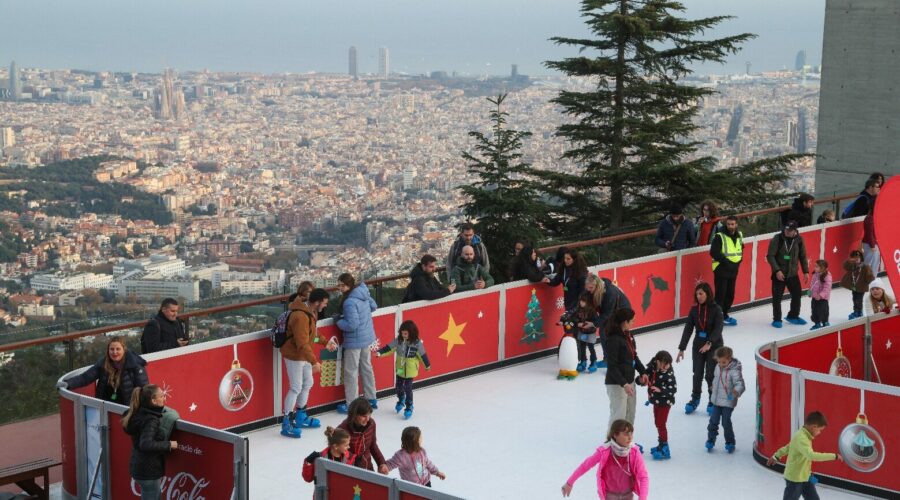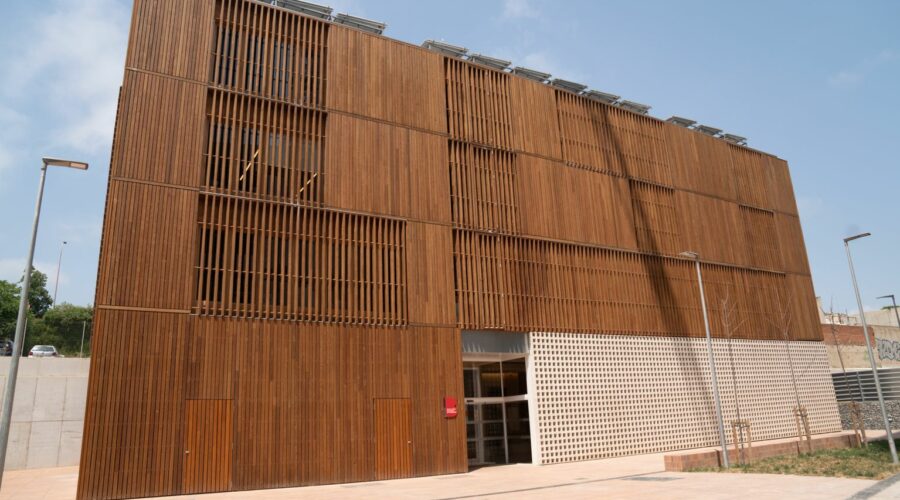This summer, art and culture lovers have an exceptional opportunity to enjoy the Picasso Museum in Barcelona free of charge. Located in the iconic Born neighborhood, this museum houses one of the most complete collections of works by Pablo Picasso, allowing visitors to immerse themselves in the early stages of the celebrated Malaga-born artist’s career. Thanks to a special initiative, the museum will open its doors free of charge on Thursdays, Fridays and Saturdays from 7:00 pm to 9:00 pm, offering a cultural experience accessible to all.
During these specific days and times, visitors will be able to tour the halls and admire the more than 4,000 works that make up the museum’s permanent collection. This collection includes everything from Picasso’s early drawings and academic studies to his experiments with Cubism and his famous blue period. In addition to the impressive art collection, visitors can explore the five medieval palaces that are part of the museum, each with its own historical and architectural charm. These buildings, with their interior courtyards and Gothic details, offer a unique atmosphere that enriches the experience of admiring Picasso’s works.
Free admission to the Picasso Museum
In addition to free admission, the Picasso Museum has organized guided tours in Catalan, also free of charge and without prior registration. These tours are an excellent way to delve deeper into Picasso’s life and work, as they provide a historical and artistic context that enriches the visitor’s experience. The guides, experts in Picasso’s work and in the history of the museum, offer detailed explanations of the most outstanding pieces, allowing visitors to better understand the most important stages of the artist’s career.
The museum’s permanent collection is complemented by temporary exhibitions that address various aspects of Picasso’s life and work, as well as his relationship with other artists and artistic movements. These temporary exhibitions offer a broader perspective on Picasso’s legacy and his influence on contemporary art, allowing visitors to explore new facets of his work.
Access to culture
These free visits are an excellent opportunity for both residents and tourists to enjoy art without worrying about the cost of admission. This initiative is part of a larger effort to promote access to culture and knowledge of the city’s artistic heritage, making the Picasso Museum an inclusive and accessible space for everyone. To make the most of this experience, it is recommended to arrive in advance. This is because access is on a first-come, first-served basis and there may be a high demand due to the popularity of the museum.
The free admission not only allows you to enjoy the art, but also the tranquility and charm of the medieval palaces that, at sunset, are filled with a special atmosphere. This atmosphere, combined with the dim light of dusk, enhances the beauty of the works on display, offering a unique visual and sensory experience that can hardly be replicated at other times of the day.
History of the Picasso Museum
The Picasso Museum of Barcelona has a rich history dating back to the early 1960s. In 1963, the Palau Aguilar became the museum’s initial home, housing the first works in its collection. As the museum’s pictorial collection grew, four other palaces were added: the Palau Baró de Castellet, the Palau Meca, the Casa Mauri and the Palau Finestres, all located on the historic Montcada street. These five medieval palaces not only house Picasso’s extensive collection, but also bear witness to the profound influence that Barcelona had on the painter’s artistic development.
Over the course of more than a decade, the Barcelona City Council has carried out several renovation works at the museum, focusing especially on the first floor and the portal of the section between Seca and Cirera streets. These renovations have been essential to preserve the historical integrity of the palaces and to enhance the visitor experience, ensuring that the museum continues to be a cultural reference in the city.
Image courtesy of https://museupicassobcn.cat, all rights reserved.



